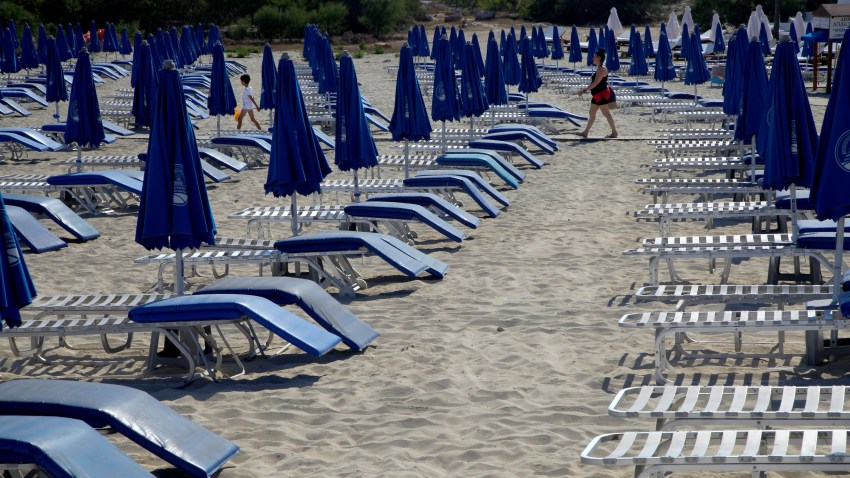Earlier this year, as the effects of a deadly new virus rippled across the world, international travel was thrown into a frenzy. Images of frantic business travelers, passengers on cruise ships and study abroad students all scrambling to return home filled the news. But these were soon followed by images of quite a different nature: silent streets in Barcelona, deserted piazzas in Rome, empty beaches in Greece and Thailand, vacant airport terminals in Boston and Singapore. Eventually, international travel ground to a halt. Reservations for hotels, resorts and Airbnb stays evaporated. International flights were canceled, borders were closed, and museums, theme parks and restaurants were shuttered. Global tourism came to a complete standstill.
The collapse of international travel has mostly been framed in economic terms, and for good reason. In 2019, the travel and tourism industry generated nearly $9 trillion, or 10.4 percent of the world’s GDP, and the sector employed 330 million people, or one in 10 jobs globally. Since March of this year, these numbers have reversed drastically. Estimates suggest that the global travel industry could shed 197 million jobs and lose over $5 trillion globally as a result of the coronavirus pandemic.
The hit to tourism jobs and revenue is staggering, but the impact could extend beyond the economic realm. In a recent interview about the pandemic’s impact on tourism, travel entrepreneur Bruce Poon Tip captured a broader concern. “The fastest path to peace is getting to know other cultures,” he said. “A lot of violence comes from ignorance; travel can break down those barriers.” In other words, in an ideal world, travel enables the kinds of interpersonal encounters, cross-cultural insights and self-reflection that can elicit a sense of tolerance, responsibility and cosmopolitan empathy. The slowdown in international travel could threaten that capacity for human enrichment and understanding across cultures.

